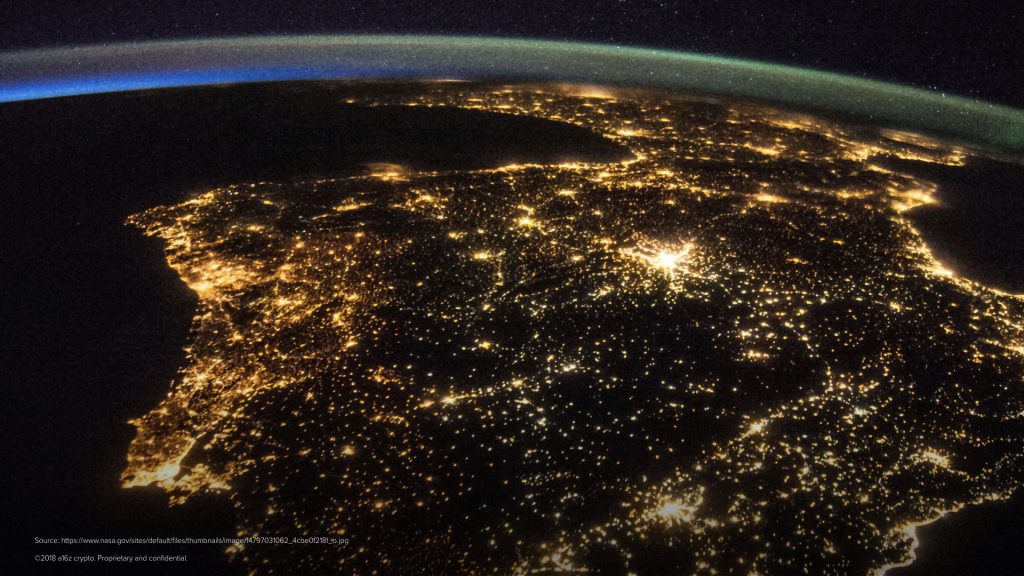
Distributed Trust: The Future of Crowds & Honesty

In the past, trust was purely social (think the caveman days). Then it switched to trusted institutions (banks, governments, companies) which was a step up, but we still had to rely on the other parties goodwill, or their incentive to behave in the right way.
The problem today is that institutions have become the sole gatekeepers of trust. We are st
Ali Yahya • Web 3.0 and the Future of Trust
Marcel Mairhofer added
We are at the start of the third, biggest trust revolution in the history of humankind. A trust shift does not mean that the previous forms will completely be superseded, only that the new form will become more dominant. The first phase was local trust, where it was based on one-to-one interactions and personal reputation. Next came institutional t... See more
JENA MARIE ESPELITA • TRUSTING A TRUSTLESS NETWORK. The Paradoxes of Trust in Blockchain Technology
SpaceXponential added
And, through programmable trust, cryptonetworks stand to enable human cooperation at a scale that is completely unprecedented. Trust is becoming unbundled, decentralized, and inverted –– instead of flowing top down from institutions to individual people, it is now beginning to emerge bottom up from individuals and software.
Ali Yahya • Web 3.0 and the Future of Trust
Marcel Mairhofer added
TRUSTING A TRUSTLESS NETWORK. The Paradoxes of Trust in Blockchain Technology
JENA MARIE ESPELITAassociazioneblockchain.it
SpaceXponential added
But while users no longer have to trust each other, they still have to trust the platform itself. That’s about to change, with consequences for many different professions and society as a whole.
Dror Poleg • The Token Society
sari added
New digitally-native trust producing mechanisms are rising up to meet these new demands and cryptoeconomic systems are the centerpiece. Crypto networks create a perfectly competitive global market for producing trust, bringing the price of trust down to the marginal cost of production.
Stephen McKeon • Components of Coordination
sari added
Marcel Mairhofer and added
Indeed, taken to the limit, in Web3, users sometimes have no need to trust the company (or people) behind a project; rather, they just have to trust the code itself.
Scott Kominers • Why Build in Web3
Emilie Kormienko added
